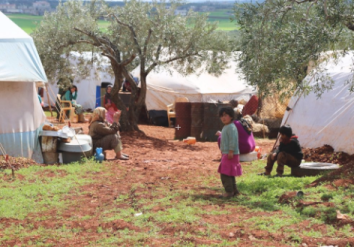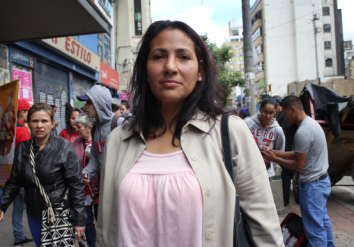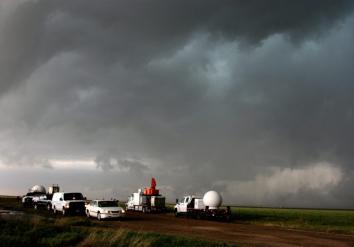
People
 Course Listing
Course Listing

Module 2: Migrants and Refugees—Statistics and Global Databases
As part of the learning series "Migrants, Refugees, and Societies", this course explores whether global data on migration trends are sufficient to help inform and design effective migration policies. The course will survey the state of migration data, discuss its importance in designing suitable and effective migration policies in origin and destination societies, and discuss data and trends on related topics including demography, remittances, and forced displacement.
- Training course / In-person
- 18 hours
- People

Module 3: Measuring the Impacts of Migration—Empirical Methods
This course, part of the learning series "Migrants, Refugees, and Societies", provides a comprehensive overview of methodological issues related to the assessment of the impacts of migration. We will discuss the various channels through which migration has a measurable impact on the migrant household, the key obstacles to being able to attribute effects to migration itself, and different empirical methods that can be used to identify the impacts of migration.
- Training course / In-person
- 16 hours
- People

Module 4: Demographic Trends Across the World and International Migration
How will demographic trends shape the future of migration patterns? This course, part of the learning series "Migrants, Refugees, and Societies", will provide an overview of demographic trends across the world and will take a deep dive into the 2022 Revision of World Population Prospects produced by the Population Division of the UN’s Department of Economic and Social Affairs.
- Training course / In-person
- 14 hours
- People

Module 5: Climate Change and Migration
Climate change is an increasingly potent driver of migration across regions and countries. Part of the learning series "Migrants, Refugees, and Societies", this course provides an understanding of how climate change impacts are already affecting and may affect trends, scales, and patterns of migration in the coming decades. For practitioners and researchers working at the nexus of climate, migration, and development, such an understanding is essential to better inform policy.
- Training course / In-person
- 14 hours
- People